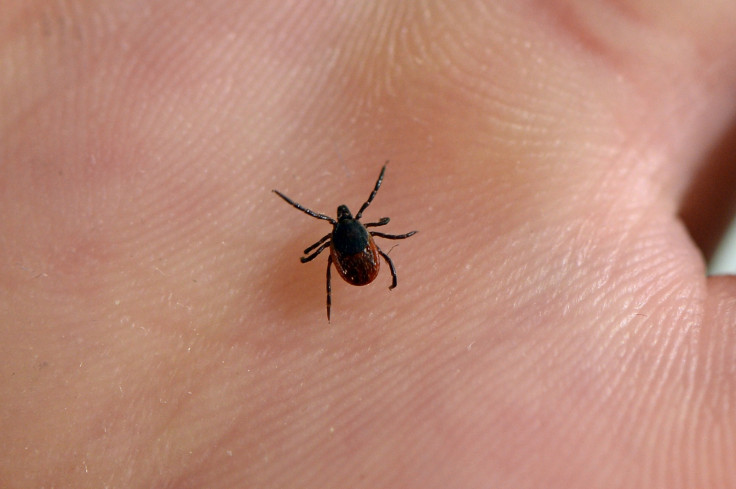Tick-borne brain swelling virus detected in the UK
Researches have found encephalitis causing virus in the UK for the first time.
Most people are aware of the threat of Lyme disease from ticks. However, there is a new threat to people in the United Kingdom dwelling inside the tiny parasites. A virus that causes encephalitis has been discovered in some infected ticks.
Researchers found a population of these ticks in Thetford Forest, Norfolk, as well as along the Hampshire-Dorset border. In the UK, tick-borne encephalitis has been reported for the first time. Public Health England (PHE) has confirmed that ticks are now carrying the virus which can cause the human brain to swell up if infected.
Increasing deer numbers have resulted in an increase in the tick population as well. Ticks target deer and foxes in the woods. The parasitic arachnids are usually carried into homes across the UK by dogs and cats. Treating pet dogs and cats is not enough to avoid becoming the victim of a tick bite. Ticks hiding in undergrowth can latch onto humans who might be walking through the woods or tall grass.

It is believed that the virus has reached the UK by hitchhiking on migratory birds. Ticks with the virus could have flown into the UK from parts of Europe and Asia.
When bitten by an infected tick, the virus enters the bloodstream of the new host. The virus triggers flu-like symptoms in the beginning. Eventually, it leads to a second stage that causes meningitis. The third stage, in some people, causes the brain to swell which can become fatal.
Even though the illness caused by the virus can be life-threatening, the Encephalitis Society claims that only 2% of infected people die from viral infection. The PHE also pointed out that the population of infected ticks is very low. While researchers are trying to determine the extent of the tick population carrying the virus, the PHE has stated that the risk to the general public is very low.
The Sun shared National Health Service advice on how to avoid getting bitten by ticks. Apart from treating pets with tick medication, people need to take precautions when walking outdoors. Clothing which covers the skin can prevent ticks from latching on. Insect repellents are helpful as well. After walks, one should check their clothes and hair for any parasite which might have latched on.
© Copyright IBTimes 2025. All rights reserved.





















